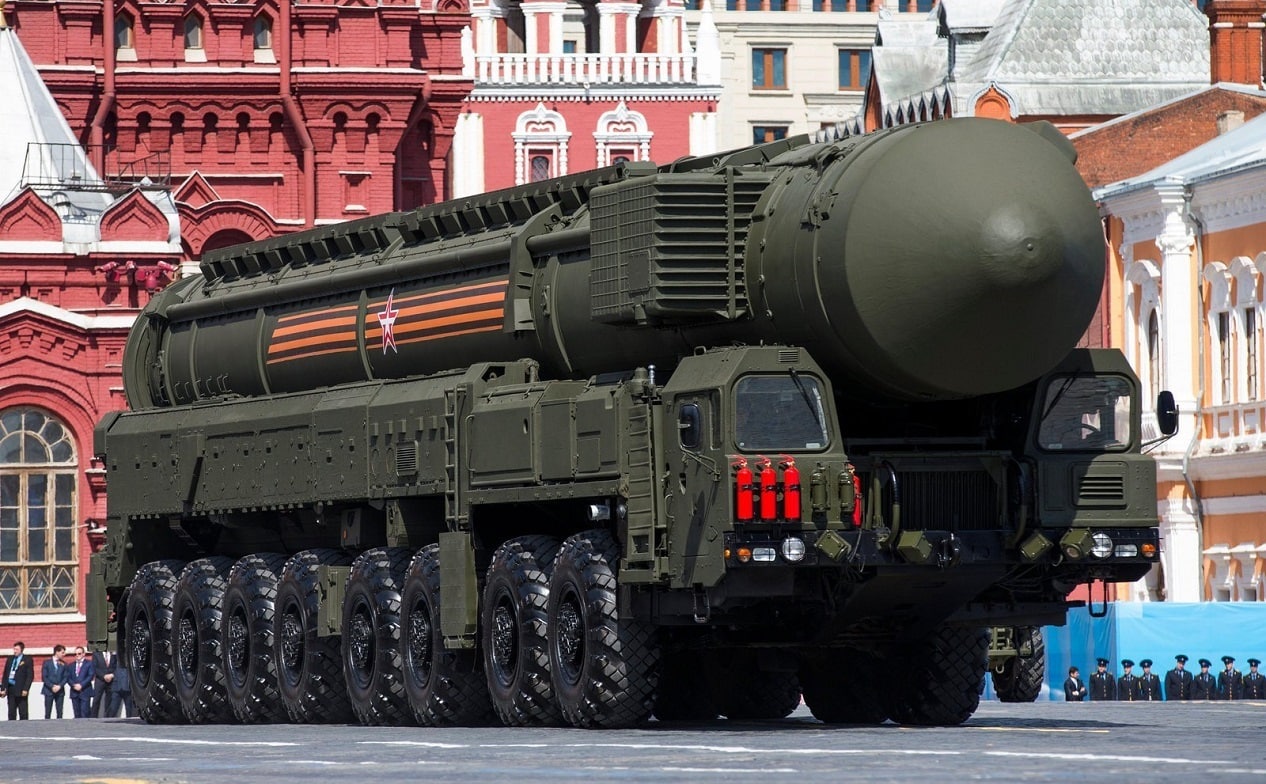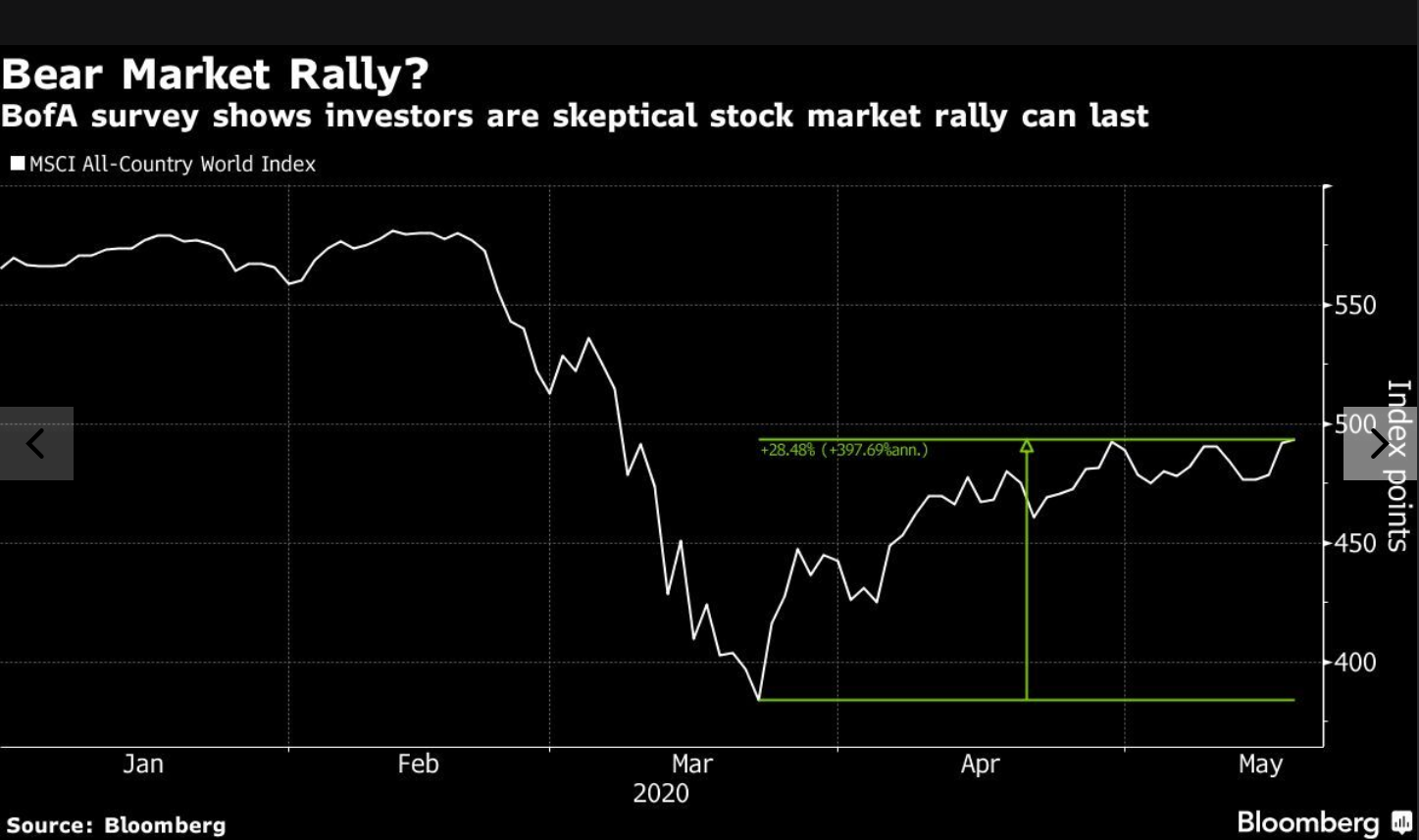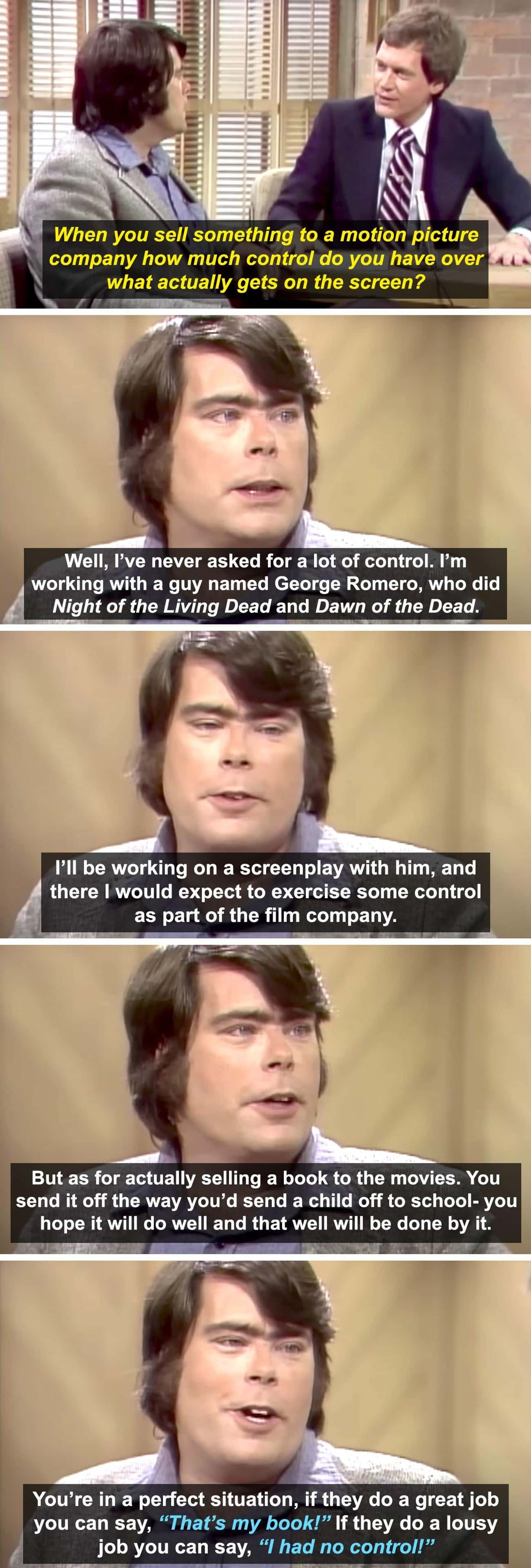Russia's Putin: Avoiding Nuclear Weapons Use In Ukraine Conflict

Table of Contents
The Deterrence Factor: Why Nuclear Weapons Remain a Last Resort
The specter of Mutually Assured Destruction (MAD) hangs heavy over any consideration of nuclear weapons use. This doctrine, based on the catastrophic consequences of nuclear war for all parties involved, suggests that the potential for devastating retaliation acts as a powerful deterrent. For Russia, the use of nuclear weapons in Ukraine would almost certainly trigger a massive response from NATO and other countries, leading to a level of escalation that even Putin might find too costly.
-
MAD Theory in Practice: The core principle of MAD is simple: a first strike guarantees a devastating counter-strike. The sheer destructive power of nuclear weapons makes a rational actor hesitant to initiate a nuclear exchange. This theory has underpinned global strategic stability for decades.
-
Consequences for Russia: A nuclear attack on Ukraine would trigger immediate and severe international condemnation, leading to crippling sanctions far exceeding those already in place. It could also trigger direct military intervention by NATO, creating a far wider and more devastating war than currently exists.
-
International Treaties and Agreements: Existing international treaties and agreements, while often disregarded by Russia, still serve as a framework for condemnation and potential future action against nuclear proliferation. Violating these norms comes with a substantial political cost.
-
Effectiveness of Deterrence: While deterrence has thus far been effective in preventing nuclear use, it's not foolproof. The escalating conflict in Ukraine highlights the complexities and risks of this delicate balance.
Domestic and International Political Pressures on Putin
Putin's decision-making is influenced by a complex web of domestic and international pressures. While he enjoys a degree of domestic support, the economic consequences of the war and international sanctions are undeniably impacting Russia. Furthermore, global condemnation of Russia's actions continues to mount.
-
Domestic Support and Public Opinion: While state-controlled media shapes public perception in Russia, the prolonged conflict and economic hardship could potentially erode Putin's domestic support base. This internal pressure adds a layer of complexity to his strategic calculations.
-
The Impact of Western Sanctions: The economic sanctions imposed on Russia are having a significant impact, restricting its access to vital resources and technologies. These sanctions exert considerable pressure on Putin's regime, potentially influencing his risk tolerance.
-
International Diplomacy and De-escalation Efforts: Ongoing diplomatic efforts, though currently yielding limited success, are aimed at de-escalating the conflict and preventing nuclear escalation. These efforts, even if unsuccessful, put pressure on Putin to avoid actions that would severely damage his international standing.
-
Global Condemnation: The near-universal condemnation of Russia's invasion of Ukraine puts intense pressure on Putin to avoid further escalatory actions. The fear of complete political isolation is a significant factor.
The Strategic Goals of Russia and the Role of Nuclear Weapons in Achieving Them
Russia's strategic goals in Ukraine remain a subject of debate. However, these goals arguably include the weakening of Ukraine as a state, the prevention of its integration with NATO, and the assertion of Russian influence in the region. The question then becomes: would the use of nuclear weapons actually further these aims?
-
Russia's Objectives in Ukraine: While the stated aims of the “special military operation” have shifted over time, the underlying goal appears to be the subjugation of Ukraine and the re-establishment of Russian dominance.
-
Benefits and Drawbacks of Nuclear Use: While some might argue that a limited nuclear strike could achieve certain military objectives, the devastating international consequences, including widespread retaliation and complete global isolation, far outweigh any perceived short-term gains.
-
Limited Nuclear War: A Myth? The concept of a “limited” nuclear war is largely a myth. Once nuclear weapons are deployed, the potential for rapid escalation is immense, leading to a potentially global catastrophe.
-
Unintended Consequences: The use of nuclear weapons would create unpredictable and potentially catastrophic consequences, disrupting global systems and leading to untold suffering. This risks undermining any strategic gains Russia might hope to achieve.
The Use of Tactical vs. Strategic Nuclear Weapons
The distinction between tactical and strategic nuclear weapons is crucial. Strategic nuclear weapons are designed for large-scale attacks against enemy cities and military installations, while tactical nuclear weapons are intended for use on the battlefield. Even the use of a tactical nuclear weapon would dramatically escalate the conflict and carry with it the substantial risk of triggering a larger nuclear exchange. The potential for miscalculation and the loss of control is considerable.
Conclusion
Putin's decision regarding the use of nuclear weapons in Ukraine is governed by a delicate balance of factors. Deterrence, domestic and international pressures, strategic goals, and the implications of both tactical and strategic nuclear options all play crucial roles. The potential for catastrophic consequences is undeniable. While so far he has chosen restraint, the situation remains extremely volatile.
The need for vigilance and continued diplomatic efforts to prevent nuclear escalation in Ukraine cannot be overstated. Stay informed, engage in informed discussions, and understand the gravity of Putin’s decisions concerning nuclear weapons use in Ukraine. The future of global security depends on it.

Featured Posts
-
 The Impact Of Narcissism Miley Cyruss Openness About Her Father
May 06, 2025
The Impact Of Narcissism Miley Cyruss Openness About Her Father
May 06, 2025 -
 Le Depart De Gregg Popovich Les Mots Touchants De Victor Wembanyama
May 06, 2025
Le Depart De Gregg Popovich Les Mots Touchants De Victor Wembanyama
May 06, 2025 -
 Bof A On Stock Market Valuations A Case For Investor Confidence
May 06, 2025
Bof A On Stock Market Valuations A Case For Investor Confidence
May 06, 2025 -
 5 Times Stephen King Publicly Clashed With Other Celebrities
May 06, 2025
5 Times Stephen King Publicly Clashed With Other Celebrities
May 06, 2025 -
 U 20 Asia Iran Raih Kemenangan Besar 6 0 Atas Yaman
May 06, 2025
U 20 Asia Iran Raih Kemenangan Besar 6 0 Atas Yaman
May 06, 2025
